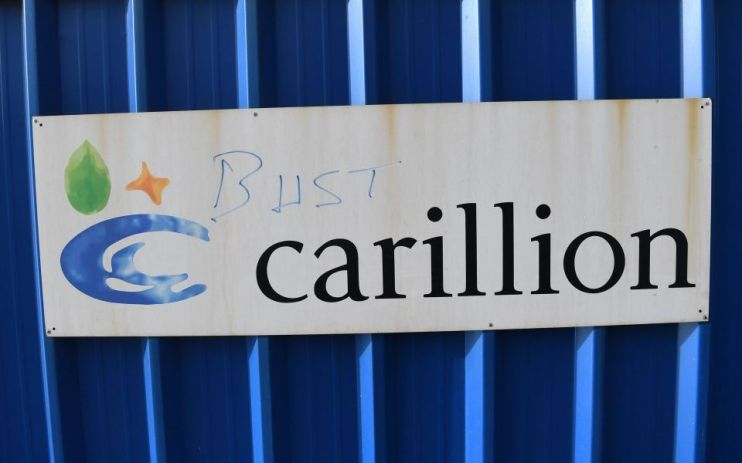Auditors ‘should have unlimited access’ to avoid another Carillion

Companies could reduce the risk of Carillion-style corporate collapses by giving internal auditors “unrestricted access” to the workings of their business, according to an industry group.
Furthermore, firms should let auditors attend all executive committee meetings, according to the Chartered Institute of Internal Auditors (IIA).
Read more: Should the audit and consultancy arms of the Big Four firms be divided, as proposed by MPs?
The group will tomorrow morning publish a new draft code for how to run an audit function at companies.
By boosting the scope of internal audit, the code seeks to “strengthen corporate governance” and reduce the risk of collapse.
The Internal Audit Code of Practice will be the first comprehensive set of audit benchmarks for non-financial services firms.
IIA will ask companies for their views on the measures in a public consultation, which will open tomorrow morning.

Draft Internal Audit Code of Practice recommendations:
Unrestricted access — internal audit should not be stopped from looking at any part of the firm
Full access to senior meetings — including the right to attend executive committee meetings
Full access to information — including all company records and “key management” data
Code will help firms ‘manage risk’
Audit committee chair at energy giant BP Brendan Nelson said: “One of the best ways to help organisations better protect their assets and manage risk is to boost the status, standards, scope and skills of internal audit.
“The draft code offers invaluable guidance about raising internal audit performance to help businesses and other organisations protect their assets, reputation and sustainability.”
The IIA previously launched Financial Services Code, which has improved internal audit’s scope in the sector since its 2013 introduction.
Read more: MPs call for full breakup of audit’s Big Four in wake of scandals
In that time, audit chiefs attending executive meetings has risen from 48 per cent to 84 per cent. Meanwhile organisations carrying out audit work on risk culture has risen from 54 per cent to 93 per cent.
IIA chief executive Ian Peters added: “We want to hear what businesses and other organisations would like to see in the first-ever Internal Audit Code of Practice and encourage them to take part in the public consultation.”
All images: Getty